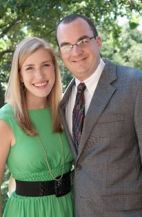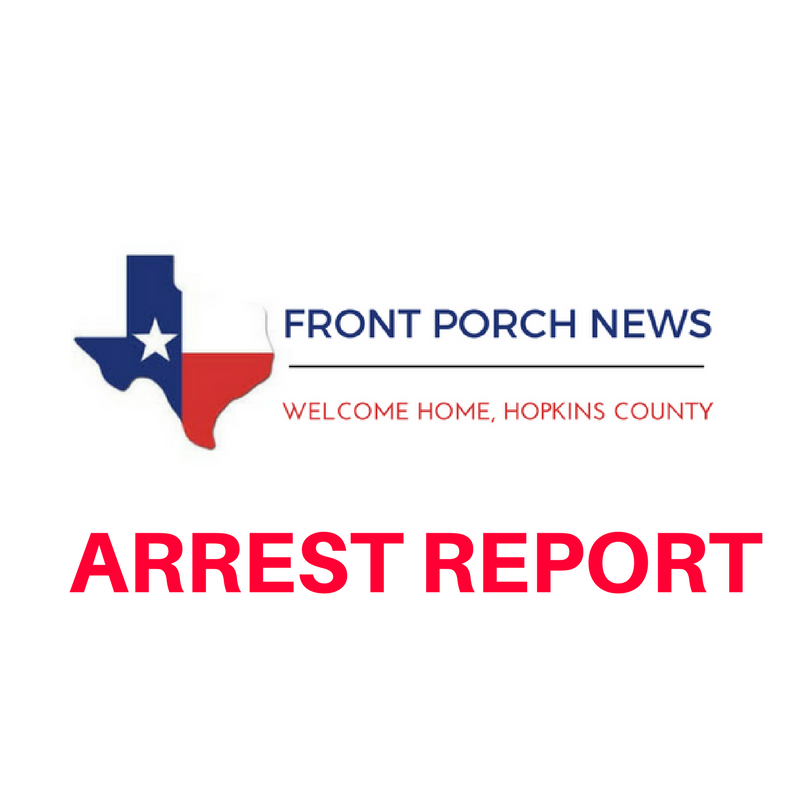Federal Appellate Court Rules Clergy Housing Allowance Built on Rock, not Sand by John Litzler

[adning id=”33097″]

On Friday, March 15, the 7th U.S. Circuit Court of Appeals in Chicago ruled that 26 U.S.C. Section 107(2) of the Internal Revenue Code, commonly referred to as the housing allowance, does not violate the Establishment Clause of the First Amendment. The housing allowance is the result of IRS rule 107(2), which allows a minister to deduct the cost of housing from his or her income. The United States District Court for the Western District of Wisconsin had twice struck down the housing allowance as unconstitutional. The district court first ruled the housing allowance was unconstitutional in a different case in 2013. The district court similarly ruled the housing allowance unconstitutional in this case in October of 2017 after the 2013 ruling was overturned on procedural grounds by the appellate court. The unanimous ruling of the three-judge appellate panel reverses the district court ruling on this issue for a second time and provides some of the reassurance desired by faith leaders.
History of the Housing Allowance:
In some ways, the history of a housing allowance for clergy can be traced back to the book of Genesis. Genesis 47:26 says, “So Joseph established it as a law concerning land in Egypt–still in force today–that a fifth of the produce belongs to Pharaoh. It was only the land of the priests that did not become Pharaoh’s.” Since the founding of the United States, ministers have not been required to count the value of a home provided by the church as taxable income. Often the church would provide a home that it owned as a form of non-cash payment to its pastor. This exclusion of housing as part of a minister’s housing is called the parsonage exception.
At its core, the parsonage exception recognizes that churches have an interest in providing ministers housing. Most churches and other houses of worship can’t offer large salaries so offering a place to live is critical in fairly compensating a church minister. Even more importantly, a church needs its ministers to live in the area where they are serving.
But the parsonage exception was limited and it began to favor certain denominations. While the Catholic church may own a great number of parsonage homes, a non-denominational church meeting in a high school gym or movie theatre, may own no property at all. What about the minister serving at a church and the church doesn’t own a parsonage? Recognizing this, Congress amended the tax code in 1954 to allow minsters to exempt the portion of their income that they spend on housing. The goal was to treat the ministers who lived in a parsonage owned by the church and the ministers who were given a stipend for the purpose of securing housing equally under the tax code. The exclusion of the rental value of a minister’s home is called a housing allowance.
Basis of the Lawsuit:
Employees of the Freedom From Religion Foundation (“FFRF”) sought to exempt a portion of their income designated for housing. The IRS denied the exemption. The FFRF is a non-profit organization that, “advocates for the separation of state and church and educates on matters of non-theism.” The organization has roughly 23,500 members. The employees (and the spouse of one deceased former employee) filed a lawsuit against the IRS claiming that the housing allowance provided preferential treatment to ministers of the gospel and discriminated against anti-theists.
FFRF and several of its employees filed a similar lawsuit in 2013. FFRF won that case when the district court ruled the housing allowance for ministers was unconstitutional. In overturning the district court decision, the 7th Circuit appellate court pointed to the fact that none of the FFRF employees had attempted to claim a housing allowance and, therefore, didn’t have the right to sue the IRS. FFRF employees attempted to claim a housing allowance on their next tax return. After the IRS denied their claim for exemption, the employees then re-filed their lawsuit. On October 9, 2017 the district court for the Western District of Wisconsin again ruled the housing allowance was unconstitutional. This was the same ruling the court issued when it first heard the case in 2013.
The lawsuit filed by FFRF did not challenge the parsonage exception, only the housing allowance. The parsonage exception has been in practice for centuries and has been contained in a federal statute for over 100 years. The likelihood of a successful challenge to the constitutionality of the parsonage exception has always been small. The housing allowance, however, is relatively new and opponents to the housing allowance believed it was more susceptible to being struck down by the courts.
What Next:
While last Monday’s ruling only affects 7th Circuit’s jurisdiction (Illinois, Indiana, and Wisconsin), a potential appeal to the United States Supreme Court could affect the entire country. While the Supreme Court may not agree to hear an appeal by the FFRF, this series of legal actions began back in 2011 and it’s not certain that the matter has been finally resolved. Additionally, the IRS could face similar lawsuits in other jurisdictions across the United States. Even as ministers continue to claim the allowance each year while litigation is pending, there is a small risk that the exclusion may be disallowed, and ministers would have to amend their presumably filed tax returns.
Notably, the FFRF claims that the housing allowance gives preferential treatment “ministers of the gospel”, but the tax code provides similar benefits to non-ministers as well. When an employee needs to live close to work for the convenience of the employer, the employee will often receive an exemption for the value of the housing. The military, Peace Corps, and sometimes educational institutions are all examples non-religious employers that often need an employee to live close by for the convenience of the employer.
The term “ministers of the gospel” doesn’t refer only to Christian ministers. Ministers of other faiths benefit from the housing allowance as well and each needs to live close to his or her house of worship for differing reasons. Some rabbis, for example, must live within a short distance of their synagogue to avoid Sabbath restrictions on work. Similarly, an Imam often needs to live close to his mosque so that he can return there at least five times a day to lead congregants in prayer. The benefit saves clergy of all faiths, about $800 million a year in taxes. The 7th Circuit ruling means that, for now, that benefit remains safe.
Christian Unity Ministries will continue to monitor the case, styled Gaylor v. Mnuchin, if the FFRF appeals the decision. We will also monitor any other similar cases that may arise and update you on the effects of religious liberty rulings on your church or religious organization and its staff.
**Disclaimer: In 2016 my wife was ordained as a minister, and we are beneficiaries of the IRS’ housing allowance for ministers**

John Litzler directs the Church Law division of Christian Unity Ministries in San Antonio. He is a graduate of the University of Texas and Baylor Law school. He is a member of the SSHS class of 2004.
[adning id=”33207″]
[adning id=”33207″]
[adning id=”33207″]












